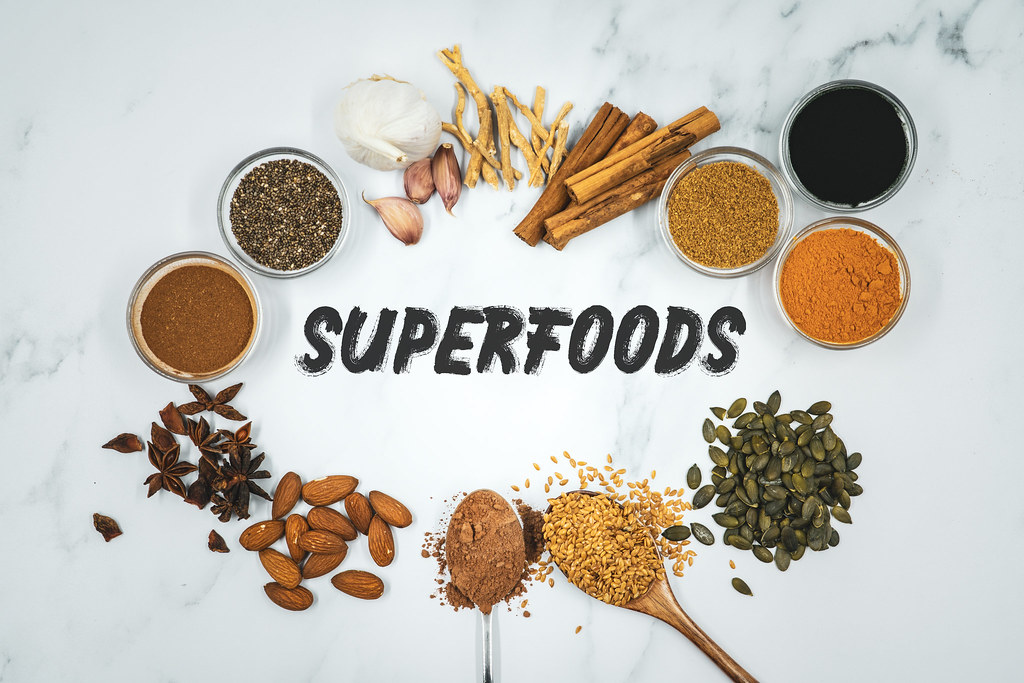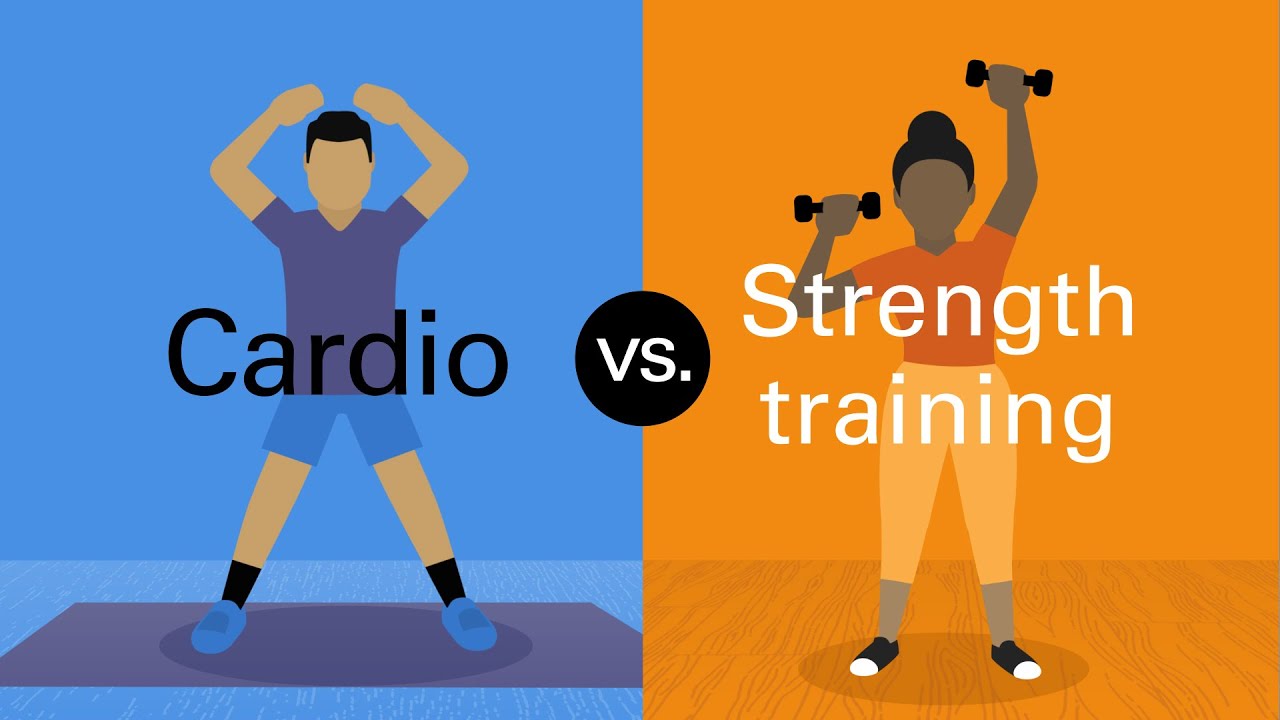In 2025, the focus on health and wellness is stronger than ever. With rising awareness about nutrition, immunity, and preventive healthcare, superfoods have become a central part of healthy diets worldwide. Superfoods are nutrient-dense foods packed with vitamins, minerals, antioxidants, and other bioactive compounds that promote long-term health.
This guide explores the top 15 superfoods for better health in 2025, based on recent research, global food trends, and scientific studies. Whether your goal is to boost immunity, manage weight, improve heart health, or support mental well-being, these foods can provide powerful benefits.
Why Superfoods Matter in 2025
The world is increasingly shifting toward functional nutrition—eating foods that not only satisfy hunger but also prevent diseases. According to research from Harvard T.H. Chan School of Public Health, diets rich in fruits, vegetables, nuts, and whole grains significantly reduce the risk of chronic illnesses such as heart disease, diabetes, and certain cancers.
In 2025, global health concerns like obesity, stress, and lifestyle-related disorders are driving people to seek natural solutions—and superfoods are leading the way.
The Top 15 Superfoods for Better Health in 2025
Here’s a curated list of the most powerful superfoods you should include in your diet this year.
1. Blueberries – The Antioxidant Powerhouse
- Why it’s a superfood: Rich in anthocyanins, which fight oxidative stress.
- Health benefits: Improves brain health, reduces inflammation, supports heart function.
- Scientific backing: A University of Exeter study found that blueberries can enhance cognitive performance and delay brain aging.
2. Kale – The King of Leafy Greens
- Why it’s a superfood: High in vitamins A, C, K, and calcium.
- Health benefits: Strengthens bones, improves vision, and supports detoxification.
- Best way to eat: Smoothies, salads, or baked into chips.
3. Chia Seeds – Tiny Seeds with Big Benefits
- Why it’s a superfood: Packed with omega-3 fatty acids, fiber, and protein.
- Health benefits: Promotes digestion, stabilizes blood sugar, and boosts energy.
- Pro tip: Add them to yogurt, overnight oats, or smoothies.
4. Salmon – Omega-3 Rich Protein
- Why it’s a superfood: High in omega-3 fatty acids and lean protein.
- Health benefits: Improves heart health, reduces inflammation, and supports brain function.
- Scientific support: A Harvard Medical School study linked regular salmon consumption to lower risks of cardiovascular disease.
5. Turmeric – The Golden Spice
- Why it’s a superfood: Contains curcumin, a powerful anti-inflammatory compound.
- Health benefits: Reduces joint pain, supports immunity, and promotes healthy skin.
- Best paired with: Black pepper to increase curcumin absorption.
6. Quinoa – The Ancient Grain of the Future
- Why it’s a superfood: Gluten-free, complete plant protein.
- Health benefits: Supports muscle repair, aids in weight management, and balances blood sugar.
- Bonus: Ideal for vegetarians and vegans.
7. Spinach – Iron and Folate Boost
- Why it’s a superfood: Excellent source of iron, folate, and vitamin K.
- Health benefits: Improves blood circulation, supports pregnancy health, and strengthens bones.
- Tip: Pair with vitamin C-rich foods (like citrus) for better iron absorption.
8. Avocados – Healthy Fats for Heart Health
- Why it’s a superfood: Rich in monounsaturated fats, potassium, and fiber.
- Health benefits: Supports cardiovascular health, lowers cholesterol, and aids in nutrient absorption.
- Fun fact: Avocado toast isn’t just trendy—it’s truly healthy.
9. Almonds – The Smart Snack
- Why it’s a superfood: High in vitamin E, healthy fats, and magnesium.
- Health benefits: Improves brain health, supports weight control, and enhances skin glow.
- Scientific note: A University of California study found almonds reduce LDL cholesterol (bad cholesterol).
10. Greek Yogurt – Gut Health Champion
- Why it’s a superfood: Rich in probiotics, calcium, and protein.
- Health benefits: Supports digestion, strengthens bones, and boosts immunity.
- Pro tip: Choose unsweetened versions for maximum benefits.
11. Sweet Potatoes – Nature’s Energy Booster
- Why it’s a superfood: High in beta-carotene, fiber, and vitamin C.
- Health benefits: Supports vision, boosts energy, and strengthens the immune system.
- Best for: Athletes needing long-lasting energy.
12. Broccoli – Cancer-Fighting Green
- Why it’s a superfood: Contains sulforaphane, a compound linked to cancer prevention.
- Health benefits: Detoxifies the body, supports heart health, and enhances immunity.
- Best way to eat: Lightly steamed to preserve nutrients.
13. Green Tea – The Ancient Elixir
- Why it’s a superfood: Rich in catechins and antioxidants.
- Health benefits: Aids weight loss, reduces inflammation, and improves brain alertness.
- Scientific support: A University of Tokyo study linked green tea to improved longevity.
14. Mushrooms – Nature’s Immune Booster
- Why it’s a superfood: Rich in vitamin D, selenium, and immune-boosting compounds.
- Health benefits: Strengthens immunity, reduces inflammation, and supports mental health.
- Best varieties: Shiitake, maitake, and reishi.
15. Dark Chocolate – Healthy Indulgence
- Why it’s a superfood: Contains flavonoids and antioxidants.
- Health benefits: Improves mood, supports heart health, and boosts brain function.
- Pro tip: Choose varieties with at least 70% cacao.
Table: Top 15 Superfoods and Their Key Benefits
| Superfood | Main Nutrients | Key Benefits |
|---|---|---|
| Blueberries | Antioxidants, vitamin C | Brain health, anti-aging, heart protection |
| Kale | Vitamins A, C, K, calcium | Strong bones, detox, vision health |
| Chia Seeds | Omega-3s, fiber, protein | Digestion, energy, weight management |
| Salmon | Omega-3s, protein | Heart health, brain function, anti-inflammatory |
| Turmeric | Curcumin | Reduces joint pain, boosts immunity |
| Quinoa | Plant protein, fiber | Weight control, balanced blood sugar |
| Spinach | Iron, folate, vitamin K | Circulation, pregnancy support, bone health |
| Avocados | Healthy fats, potassium | Heart health, cholesterol control |
| Almonds | Vitamin E, magnesium | Brain health, skin glow, cholesterol control |
| Greek Yogurt | Probiotics, protein, calcium | Gut health, strong bones, immunity boost |
| Sweet Potatoes | Beta-carotene, vitamin C | Energy, vision support, immune health |
| Broccoli | Sulforaphane, vitamin C | Cancer prevention, detoxification |
| Green Tea | Catechins, antioxidants | Longevity, weight loss, mental alertness |
| Mushrooms | Vitamin D, selenium | Immunity boost, mental health support |
| Dark Chocolate | Flavonoids, antioxidants | Mood, heart health, brain function |
How to Incorporate Superfoods into Your Daily Diet
- Start mornings with smoothies packed with spinach, chia seeds, and blueberries.
- Snack on almonds or Greek yogurt for a protein boost.
- Replace refined carbs with quinoa or sweet potatoes.
- Enjoy green tea instead of sugary drinks.
- Add turmeric to curries, soups, or golden milk.
Scientific Perspective on Superfoods
According to a Harvard Medical School review, diets rich in plant-based superfoods (fruits, vegetables, nuts, and whole grains) are linked to longer life expectancy and lower risks of heart disease, diabetes, and certain cancers. Similarly, a Stanford University study on dietary patterns emphasized that combining multiple superfoods amplifies health benefits due to nutrient synergy.
FAQs About Superfoods in 2025
Q: Are superfoods better than supplements?
A: Whole foods provide fiber, antioxidants, and synergistic compounds that supplements can’t replicate.
Q: Can I eat superfoods every day?
A: Yes, but variety is key. Balance superfoods with other nutrient-rich foods for complete nutrition.
Q: Are superfoods expensive?
A: Some, like salmon and avocados, can be costly, but affordable options like spinach, sweet potatoes, and broccoli provide equal benefits.
Q: Which superfoods are best for weight loss?
A: Chia seeds, quinoa, green tea, and Greek yogurt are excellent for satiety and metabolism.
Q: Can children eat superfoods?
A: Yes, most superfoods are safe for children, but portion sizes should be adjusted for age and dietary needs.




